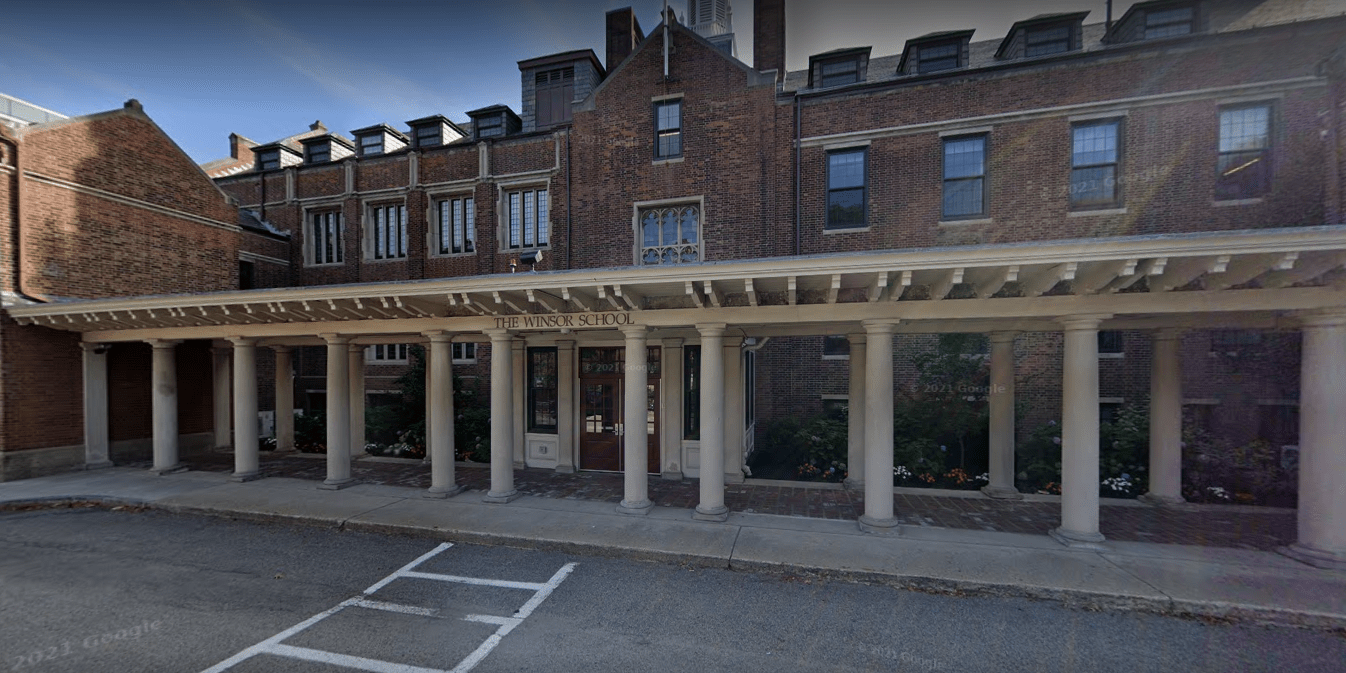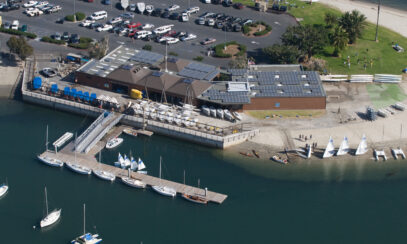Organization Summary
Principles of Diversity, Equity and Inclusion
-
Belief in the dignity and humanity of every person
-
Openness to new ideas and rejection of stereotypical thinking.
-
Commitment to understanding individual and group differences.
-
Respect for oneself and for one another and responsibility for oneself and for community.
-
Anti-racism and the disruption of all systemic oppression
-
Generosity of spirit, thinking beyond one’s immediate self-interest, and sharing talents freely with others.
-
Honesty, kindness, integrity, courage, humility, and empathy.
Winsor honors each community member’s ethnicity, race, religion, gender identity, sexual orientation, socio-economic status, age, and physical and mental ability. The school is committed to providing a safe, supportive setting so that students have the opportunity to explore and to clarify their own beliefs and values, to take risks, and to think and speak for themselves. Winsor recognizes the importance of communication and of encouraging dialogue among all constituencies.
-
consciously fostering an environment of respect and inclusion through a wide array of community-building programs;
-
continuing to build an inclusive curriculum;
-
supporting on-going professional development for faculty and staff;
-
striving to effectively engage a range of learning styles;
-
promoting equity among all the constituencies of the School;
-
responding to individual and institutional prejudices, both overt and subtle;
-
actively seeking to dismantle systems of oppression; and
-
offering a variety of ways of participating in and contributing to the wider community.
Principles of Global Responsibility
The Winsor School believes that a critical dimension of academic excellence in the 21st century is the preparation for responsible participation in the global community.
The forces of globalization now ensure that individuals and communities separated by vast geographic distances and cultural differences are increasingly interconnected and interdependent. Distant peoples and events shape local worlds, while at the same time individual and community decisions––made at Winsor, in Boston, or in New England––often have an impact on wider social and ecological environments.
In preparing its students to act responsibly in this interconnected and interdependent world, The Winsor School is committed to ensuring that its students not only understand the nature of globalization but also appreciate the personal stakes and responsibilities they have as global citizens.
- Recognizes the dignity of every individual and values the diversity of human cultures.
- Strives for self-knowledge through the study of others.
- Aspires to an empathetic understanding of others.
- Actively seeks intercultural dialogue and engagement.
- Is willing to act on behalf of social justice and human rights.
- Acts as a steward for the natural environment.




